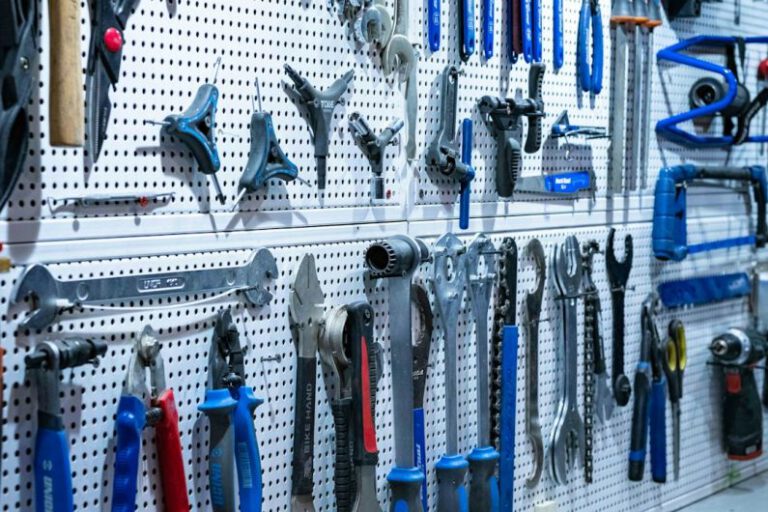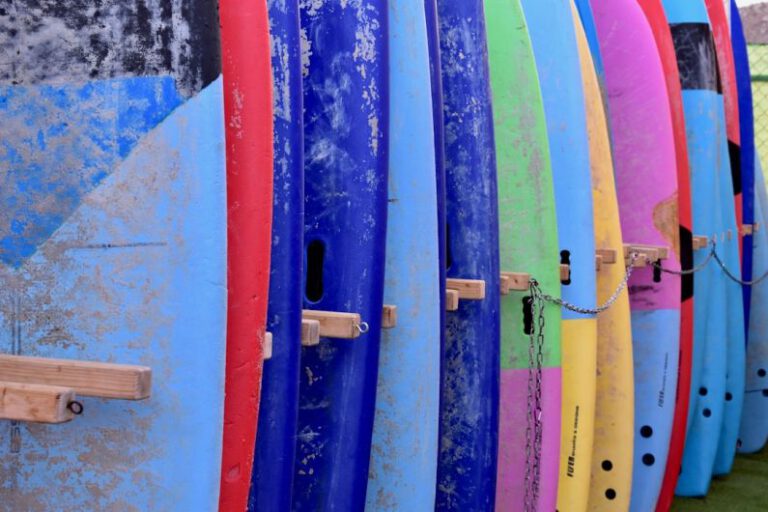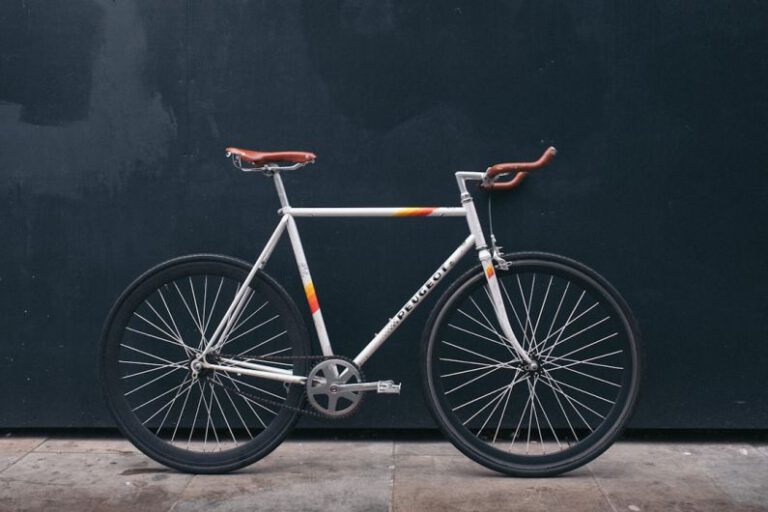Organizing Your Home Gym Equipment Efficiently
Setting up a home gym is a great way to stay fit and active without the hassle of going to a commercial gym. However, once you have invested in various pieces of exercise equipment, it’s essential to organize your space efficiently. A cluttered and disorganized home gym can be demotivating and make it challenging to find what you need when you want to work out. Here are some tips for organizing your home gym equipment efficiently.
Assess your space
Before you start organizing your home gym, take a good look at the space you have available. Consider the size, layout, and any limitations you may have. Measure the dimensions of the room and make note of any obstacles or obstructions that could affect your equipment placement. Having a clear understanding of your space will help you plan and make the most of it.
Categorize your equipment
Once you have assessed your space, categorize your home gym equipment. Separate items into different groups based on the type of exercise they are used for or their size. For example, you can have a category for cardio equipment, another for weightlifting equipment, and so on. This categorization will help you visualize how to organize your equipment efficiently.
Consider storage options
Now that you have categorized your equipment, it’s time to think about storage options. Depending on the size and layout of your home gym, you can choose from various storage solutions. Wall-mounted shelves or racks are excellent for storing smaller items like dumbbells or resistance bands. If you have larger equipment, such as a treadmill or a weight bench, consider using designated storage areas or investing in foldable options that can be easily stored away when not in use.
Arrange your equipment strategically
Now that you have storage options in mind, it’s time to arrange your equipment strategically. Start by placing larger pieces of equipment first, such as a treadmill or exercise bike. These items can be the centerpiece of your home gym. Then, arrange smaller equipment around them, keeping in mind the flow of your workout routine. Place items that you use frequently within easy reach, and those that you use less often can be stored in less accessible areas.
Label and organize
To ensure maximum efficiency, label your storage areas and equipment. Use clear labels or color-coded tags to identify each category of equipment. This will make it easier for you to find what you need quickly and put it back in the right place after use. Additionally, consider using storage containers or bins to keep small items organized. This way, you won’t waste time searching for loose items like resistance bands or workout gloves.
Keep it clean and tidy
Lastly, maintaining a clean and tidy home gym is crucial for efficient organization. Regularly clean your equipment to keep it in good condition and prevent any build-up of dirt or dust. Vacuum or sweep the floor regularly to keep it free from debris. Having a clean and organized space will not only make your workouts more enjoyable but will also help you stay motivated to continue using your home gym.
In conclusion, organizing your home gym equipment efficiently is essential to create a functional and motivating workout space. By assessing your space, categorizing your equipment, considering storage options, strategically arranging your equipment, labeling and organizing, and keeping your gym clean and tidy, you can optimize your home gym experience and make the most of your investment in equipment. Enjoy your workouts in a well-organized home gym!






